How the care of Your Senses can increase Your Happiness
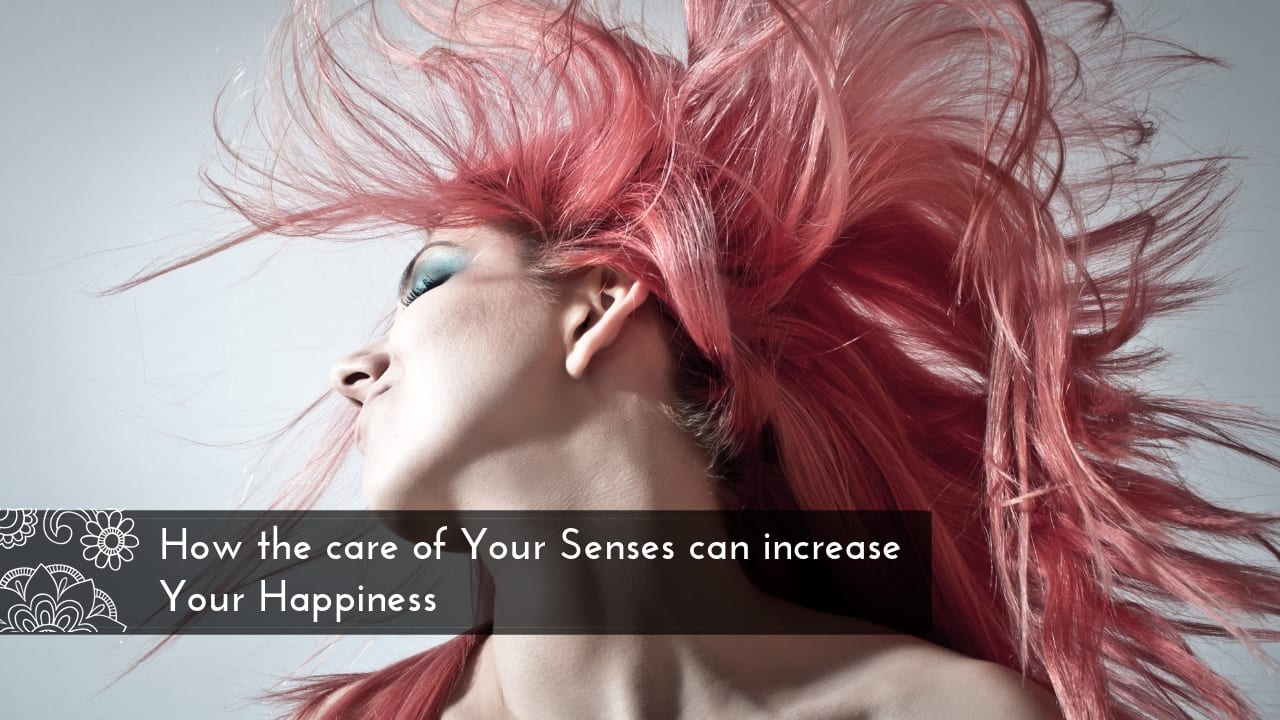
When I coach my tribe through the habits, teaching ways to care for our sense organs is one of my favorites. While it may not be the most popular of the ten habits, I love that these tiny little acts can be easily added into what we already habitually do in our day and require little energy or time. Small habits. Big difference in how we feel mentally, emotionally, and physically. Creating the microhabits of taking care of each of our senses in order to live our healthiest and happiest for the longest…well, it just makes sense.
Recently in leading a Yoga Teacher Training course I created on Yoga and Positive Psychology, I found an unexpected connection between taking care of our senses and our levels of happiness.
The field of Positive Psychology is a science that focuses on how individuals and societies can flourish by cultivating happiness, strengths, self-esteem, and optimism. Positive Psychology is an applied science, a science that is interested in testing, measurements, and gathering evidence, but the term ‘applied’ means that interventions are created for use in everyday life to increase enjoyment and success in living.
Happiness researcher Shawn Achor presents ways to live a happier and more successful life in his book Before Happiness. Anchor argues that before we can even look at steps on how to improve on our happiness, we must take a few steps back to look at what comes before that. We must take a serious look at the main contributor to our happiness which is our perception of the world and the possibilities that we see before us.
Our perception is shaped by how we take in information moment by moment through our senses and then organize that information to better understand what is presented. Once we take that information in, we interpret it through our individual filters of past experiences, knowledge, and beliefs, which then forms our perspective. Our perspective is our view of the world, of our reality, and our experience in it.
Let me restate that we are constantly taking in information from the environment and then interpreting and categorizing it in order to make decisions about what we believe and how we will respond in every moment. How we take in information, process it, and form our view of reality will have an effect on our happiness levels, our success, and our ability to handle stress in a healthy way. Our sense organs are the team that bring us the information. As such, the care of them is hugely important! When our perception is not clear because we are taking information in through senses that are overused, worn out, or simply not listened to, this has an impact on our perspective and then how we see and respond to our lives. This is huge!!
Am I saying that in order to experience more happiness in our lives, we should scrape our tongues and oil our nostrils? Yes, I absolutely am. The babysteps of getting back to basics and ensuring that our lens is clear and our machine is well-oiled will allow us to experience more ease in coping and more joy in living.
In this age of technology and extensive use of backlit screens, we must increase our habit of care for our eyes. Never before have our eyes experienced the amount of close-focus strain and bright stimulation that they do today. Taking breaks for looking off into the distance, practicing eye palming, and taking breaks from screens will help us to maintain clear focus on and precise interpretation of the world around us.
As we are in the throws of cold and flu season, we can easily better protect ourselves from germs by oiling our nostrils daily to create a protective barrier. Lubricating the sinus passages will also ease pain and discomfort in the dry, cool air of winter. Discomfort in the facial region can quickly take energy and attention away from the other things in our lives that deserve our full consideration.
In windy vata season, oiling the ears can also have a much needed grounding affect on the mind. Increasing moisture content to all sense organs helps to soothe them and enables better performance at their specialty. When sensory tissues dry up, they cannot smoothly bring in information to be precisely interpreted.
Scraping the tongue every morning can help to clean out toxins and keep the taste buds free of build-up that can get in the way of our ability to appreciate, savor, and discern what we need to feel most nourished. Oil pulling can also help to clear the body of ama from not only the mouth, but also the sinuses, and can help us to feel hydrated on a deeper level.
The healing effects of oiling our bodies are so vast that we focus on this habit by itself during the 10 habit course. Abhyanga, or self massage with oil, creates insulation for the nervous system, hydrates the skin, and nourishes ourselves with loving touch helps us to cope with stress in our lives with more ease.
So, if this habit has fallen by the wayside for you, reconsider giving it more attention. These small acts of sensory care can lead to more clear thinking, calm living, and happy feeling.
About the Yoga Health Coaching Blogger

Apply here if you want to get exposure, learn about blogging and become a Yoga Health Coaching Blogger.
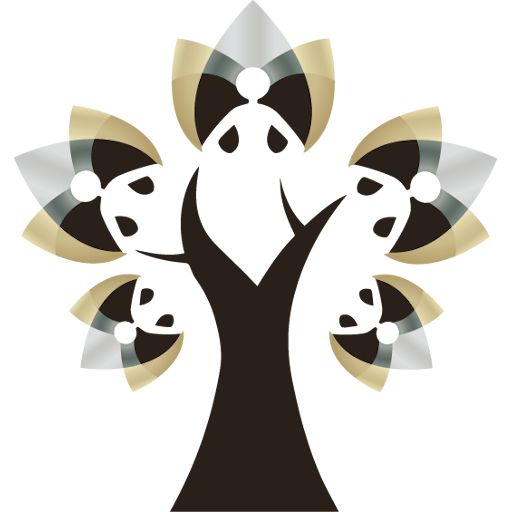




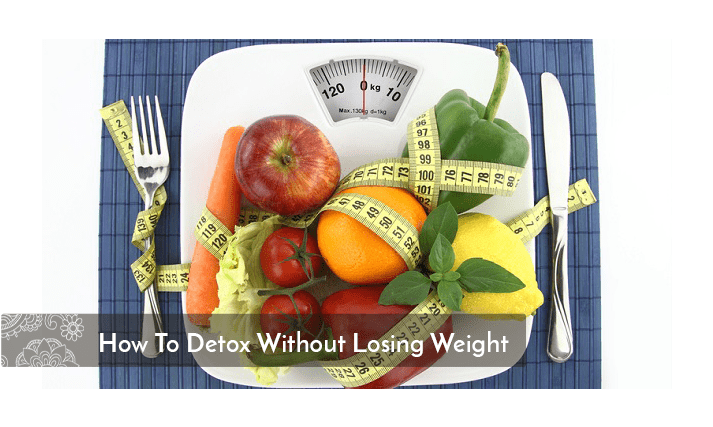
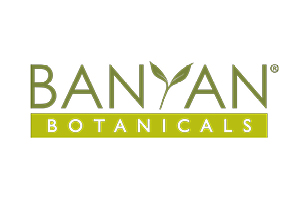

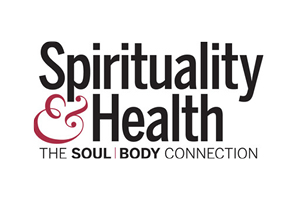
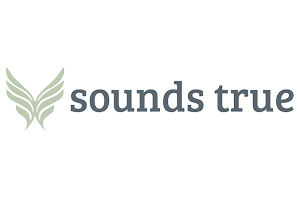

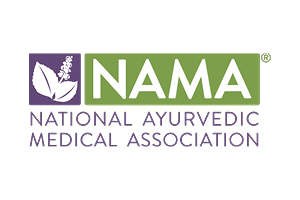

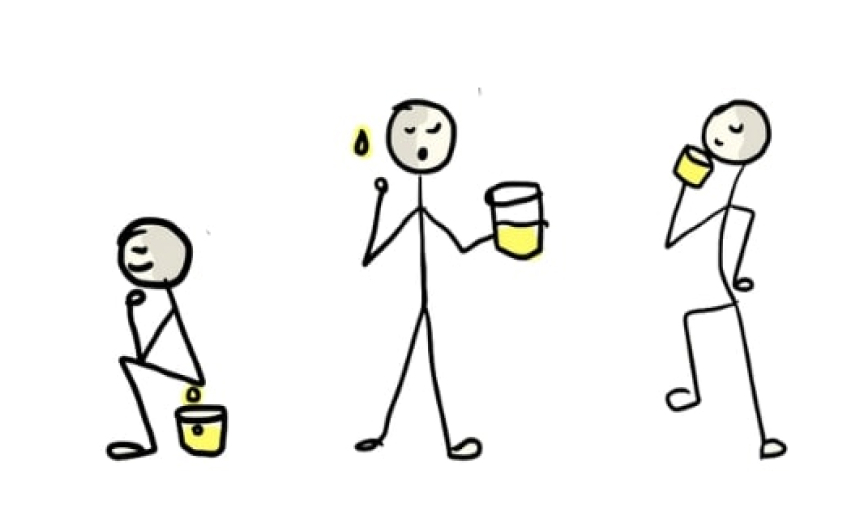


Comments
No comments yet, be the first to comment